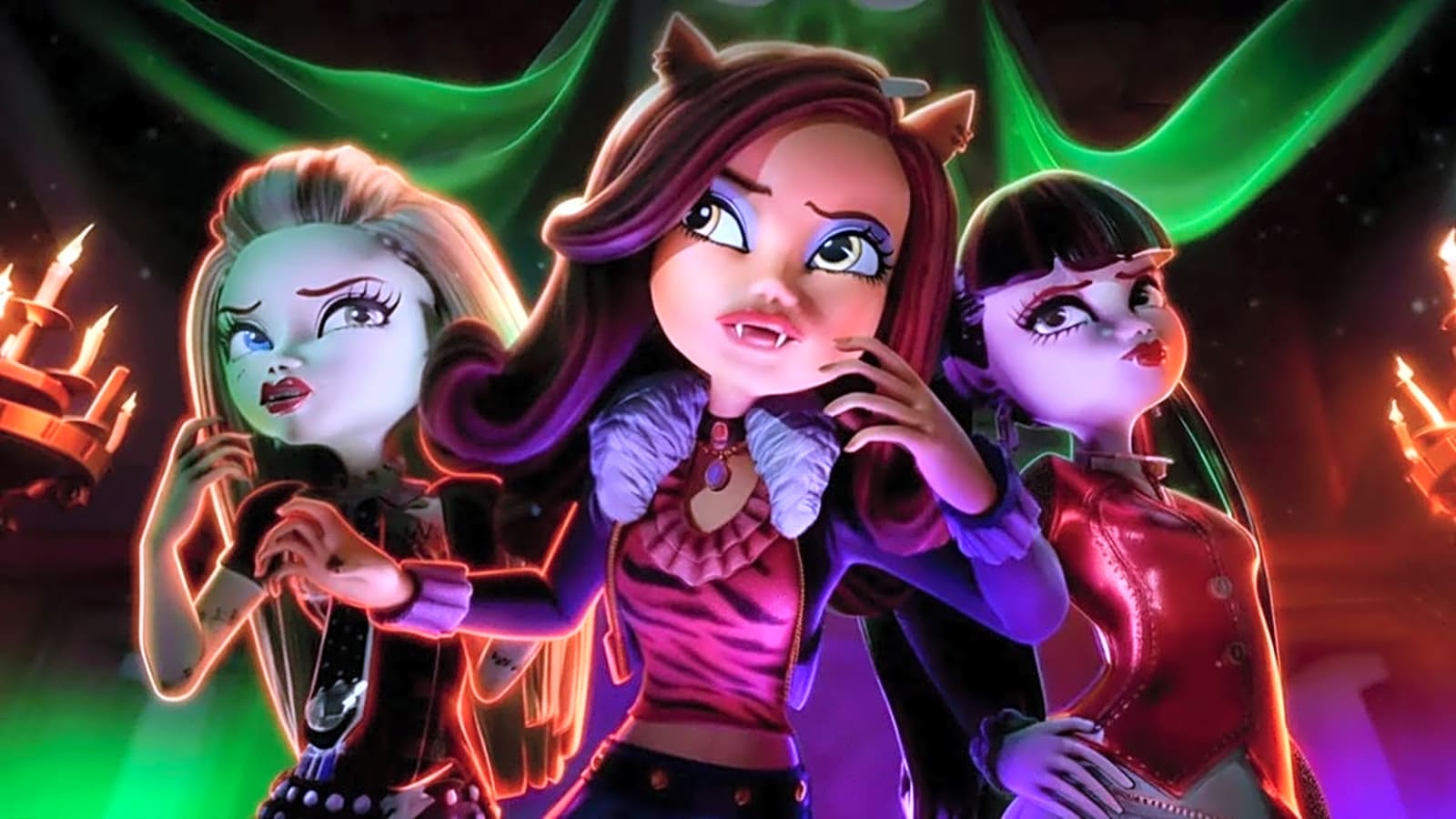
Toy giant Mattel is making a significant power play, shifting its strategy from simply licensing its iconic brands to becoming a full-fledged game developer and publisher. This new era is being kicked off with the launch of experiences based on its popular Monster High franchise. The new Mattel Monster High Roblox game marks a pivotal moment, as it’s the first major title to be developed entirely in-house by the company, signaling a bold new direction for its digital future.
This move goes beyond just putting familiar characters into a game; it’s about taking creative control and building a dedicated digital ecosystem for brands like Barbie, Hot Wheels, and Uno. This article will explore Mattel’s ambitious gaming strategy, the significance of the Monster High launch on Roblox and Fortnite, and what this strategic shift means for the future of interactive play.
A New Game Plan For Mattel: From Licensing to Developing
For years, Mattel’s approach to the video game market has been primarily through licensing agreements. The company would partner with external game developers who would create and operate games based on Mattel’s intellectual property (IP). This model has seen considerable success, most notably with the Barbie DreamHouse Tycoon game on Roblox, developed by Gamefam, which has garnered nearly half a billion visits.
However, the company is now building a new muscle. By developing and publishing games in-house, Mattel gains complete control over the creative process, user experience, and long-term vision for its digital properties. This transition allows the company to ensure that the games are authentic extensions of their brands and can be updated and managed directly.
Marcus Liassides, Mattel’s Senior Vice President and Global Head of Digital, emphasized this change. “These new games are developed by us. We’re the publisher… We’re funding the development. We’re operating them going forward,” he told Variety. This hands-on approach is a deliberate effort to build internal talent and expertise, allowing Mattel to be more agile and innovative in the fast-paced digital world. In 2025 alone, Mattel launched over 20 games and integrations, and the company is even planning to self-publish its first in-house mobile game next year.
Monster High Leads the In-House Charge
The first major titles to emerge from this new strategy are centered around the ghoul-glam world of Monster High. The brand is getting a two-pronged digital launch on two of the world’s largest gaming platforms: Roblox and Fortnite.
The Mattel Monster High Roblox Game
Launching October 24, the Monster High experience on Roblox is the flagship project of this new initiative. Developed entirely by Mattel, the game invites players to step into the haunted halls of the famous school. According to Mattel, fans can customize their own “Creepanions,” participate in alchemy labs, and unlock rewards. The game promises deep engagement with iconic characters like Frankie Stein and Clawdeen Wolf, endless customization, and secrets to discover.
This isn’t just a one-off game; it’s the first step in a larger partnership with Roblox. Mattel plans to bring more of its beloved brands, including Barbie, Hot Wheels, and Masters of the Universe, to the platform through in-house developed experiences.
“Paranormal Peril” in Fortnite
In addition to Roblox, Mattel is launching “Monster High: Paranormal Peril” in Fortnite. Created using the Unreal Editor for Fortnite (UEFN), this cooperative ghost-hunting adventure allows up to four players to solve a mystery at the school. This marks Mattel’s second major foray into the Fortnite creator platform, following the “Masters of the Universe: He-Man Heroes” game. By leveraging UEFN, Mattel can create high-quality, immersive experiences that tap into Fortnite’s massive player base.
The Future of Mattel’s Digital Empire
Mattel’s strategic pivot to in-house game development is a clear sign that the company sees digital engagement as a core component of its future growth. Here’s what this move signifies for the company and the industry.
Building a Direct Connection with Fans
By developing and operating its own games, Mattel can build a direct relationship with its community. The company can gather data, receive feedback, and adapt its digital experiences in real-time to meet the evolving tastes of its audience. This creates a powerful feedback loop that can inform not only game development but also toy design and entertainment content.
Expanding Brand Universes
Platforms like Roblox and Fortnite are more than just games; they are social metaverses where players create their own stories. By building persistent worlds for its brands, the company is giving fans a new way to live inside the stories they love. This deepens brand loyalty and allows the company to expand the lore and universe of its most popular franchises in interactive ways.
Unlocking New Revenue Streams
While licensing is profitable, self-publishing offers a much higher potential for revenue. By controlling the entire process, the company can capture a larger share of the profits from in-game purchases and other monetization strategies. This also opens the door for innovative cross-promotions between physical toys and digital items, a strategy that has proven incredibly successful for other brands.
The Circle of Play is Now Digital
Mattel’s investment in an in-house gaming division is a forward-thinking move that positions the company to thrive in an increasingly digital world. The Mattel Monster High Roblox game is not just a new product; it’s a statement of intent. The toy giant is no longer content to simply be a licensor; it is transforming into a creator of digital experiences. As more iconic brands like Barbie and Hot Wheels join the in-house roster, we are witnessing the construction of a new, interactive play-universe built and managed by Mattel itself.
More must-reads:
- Kentucky's $22 million roster not living up to its price tag
- Magic provide major Paolo Banchero update ahead of clash with Heat
- The 'Receiving leaders by NFL team' quiz
Breaking News
Trending News
Customize Your Newsletter
 +
+
Get the latest news and rumors, customized to your favorite sports and teams. Emailed daily. Always free!








